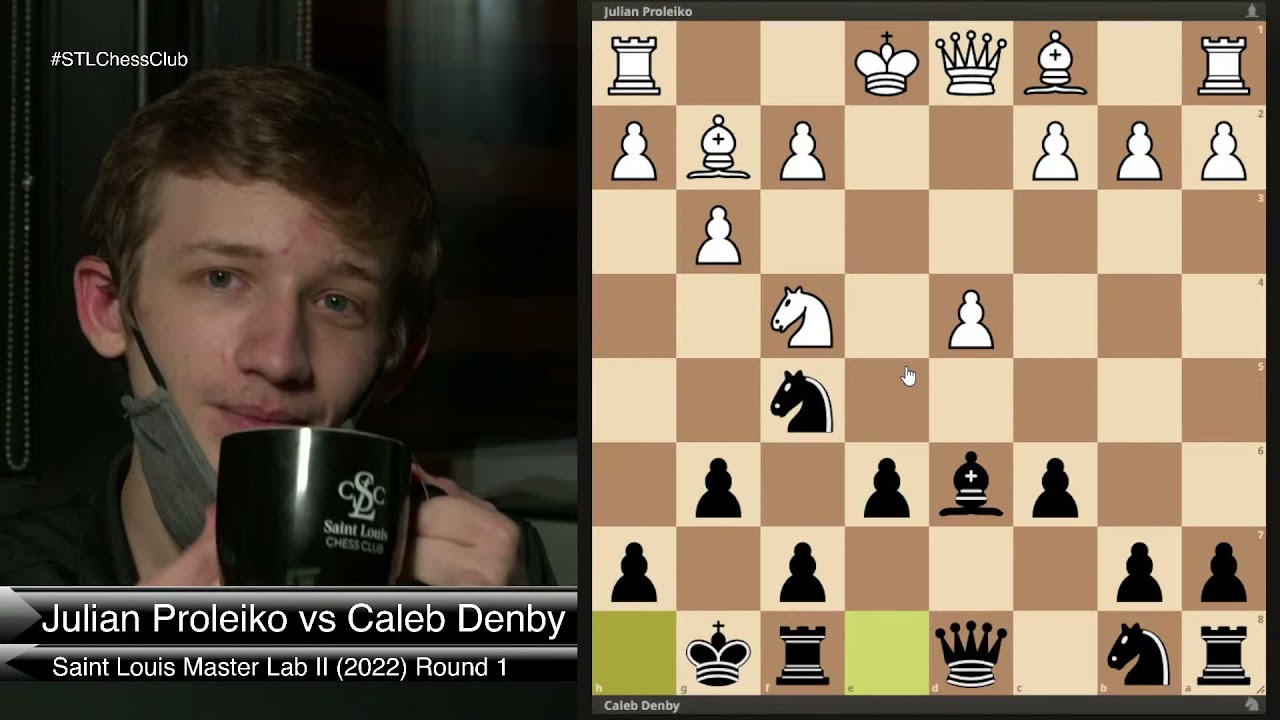The video looks at a chess game that he lost. He lost due to a single bad move which lost to a two-move sequence. He’s a good enough player that, in general, that shouldn’t happen to him (he actually won the tournament and this was his only loss). He wasn’t in time pressure. As a first impression, you could call it careless. YouTube’s automated transcript where he talks about what to learn from the mistake:
34:56
so
34:57
what’s the deal how do you you know take
34:59
anything away from you know blundering a
35:02
two-move tactic in your game
35:04
well the important thing is to be
35:06
brutally honest with yourself you know
35:08
it’s very very easy to write off uh one
35:11
or two move blunders as
35:14
you know an unavoidable fact of chess
35:16
you’re always going to blunder sometimes
35:18
nobody is immune to blunders certainly
35:20
not me and if you follow professional
35:22
tournaments every once in a blue moon
35:24
you’ll see them blunders something
35:26
similar you know everybody is capable of
35:29
missing a two-move tactic
35:31
but oftentimes you can trace it back to
35:34
a mistake in your thinking process
This explanation is relevant to the discussion with lmf. Deciding to “write off” chess math errors, instead of tracing them “back to a mistake in your thinking process”, is what lmf was doing. lmf also thought errors like that were an “unavoidable fact of” chess math.
EDIT: I put this in the wrong thread and moved it.
